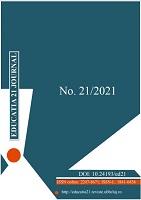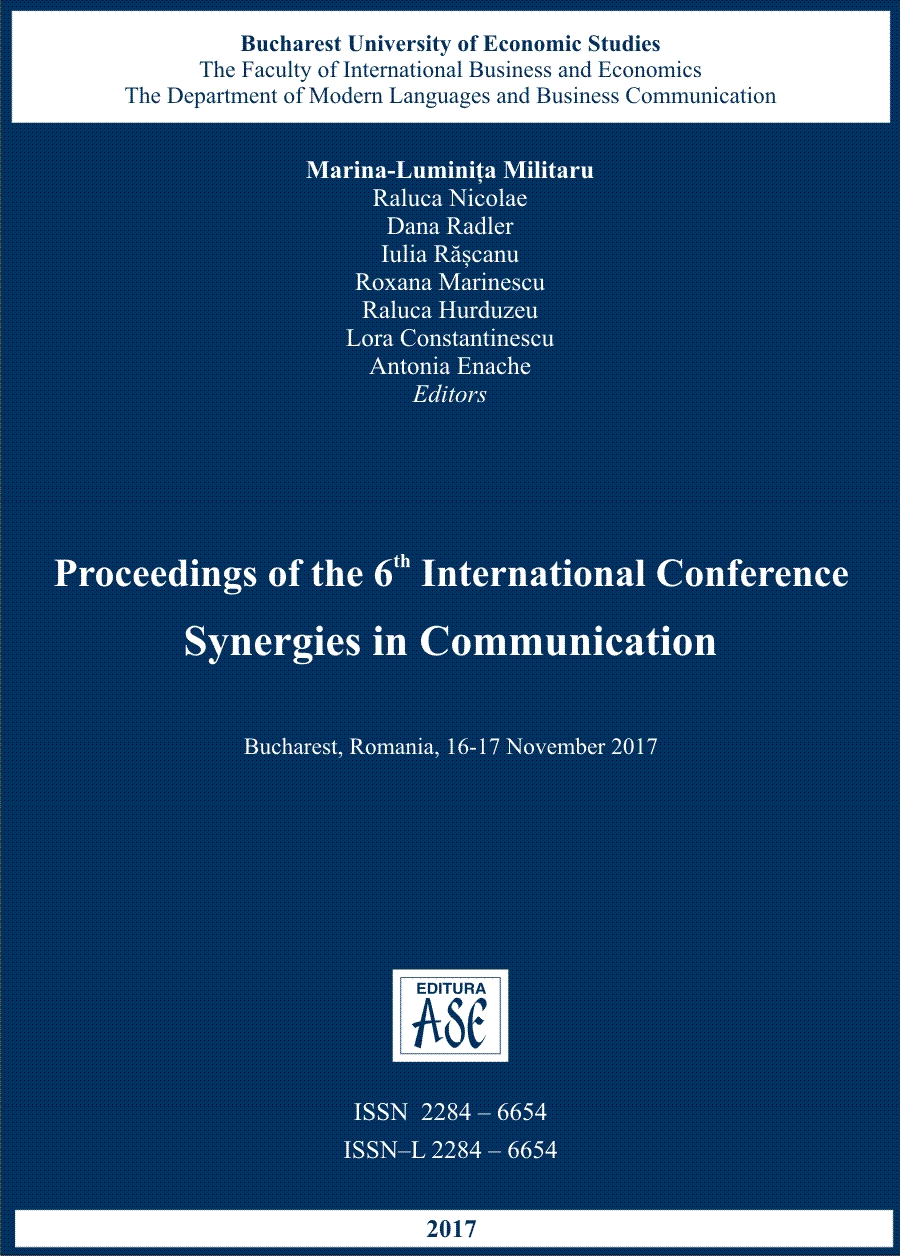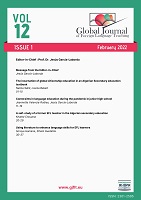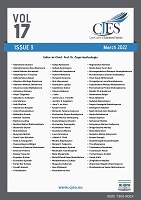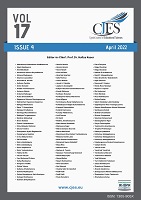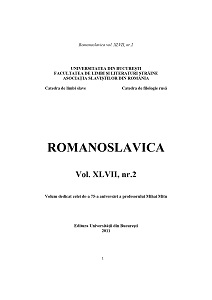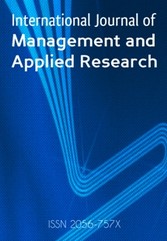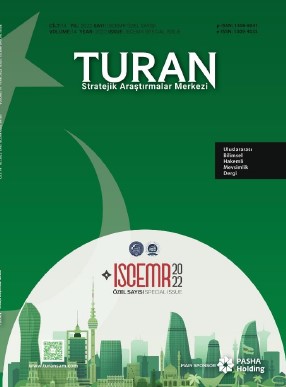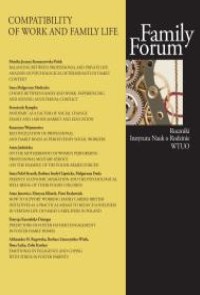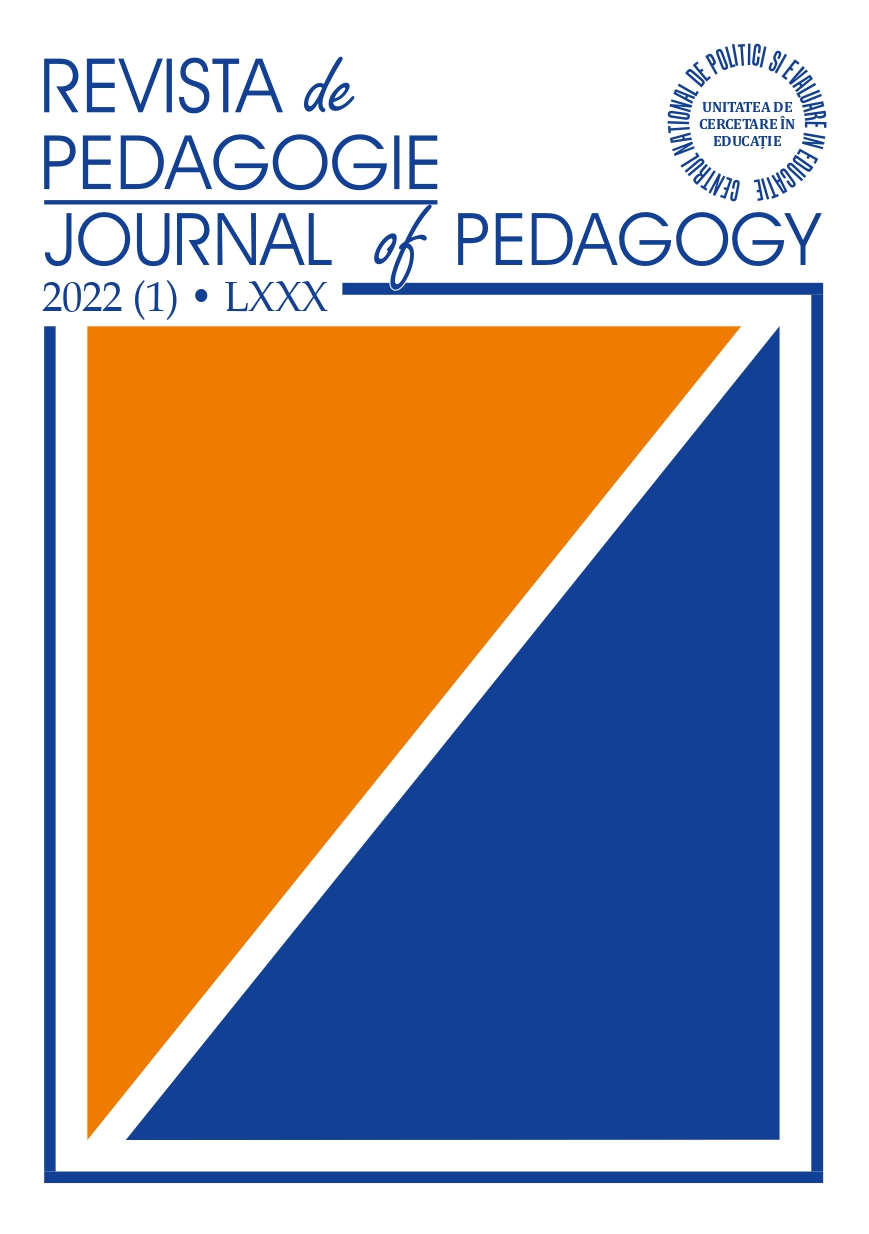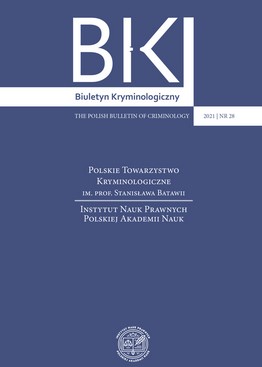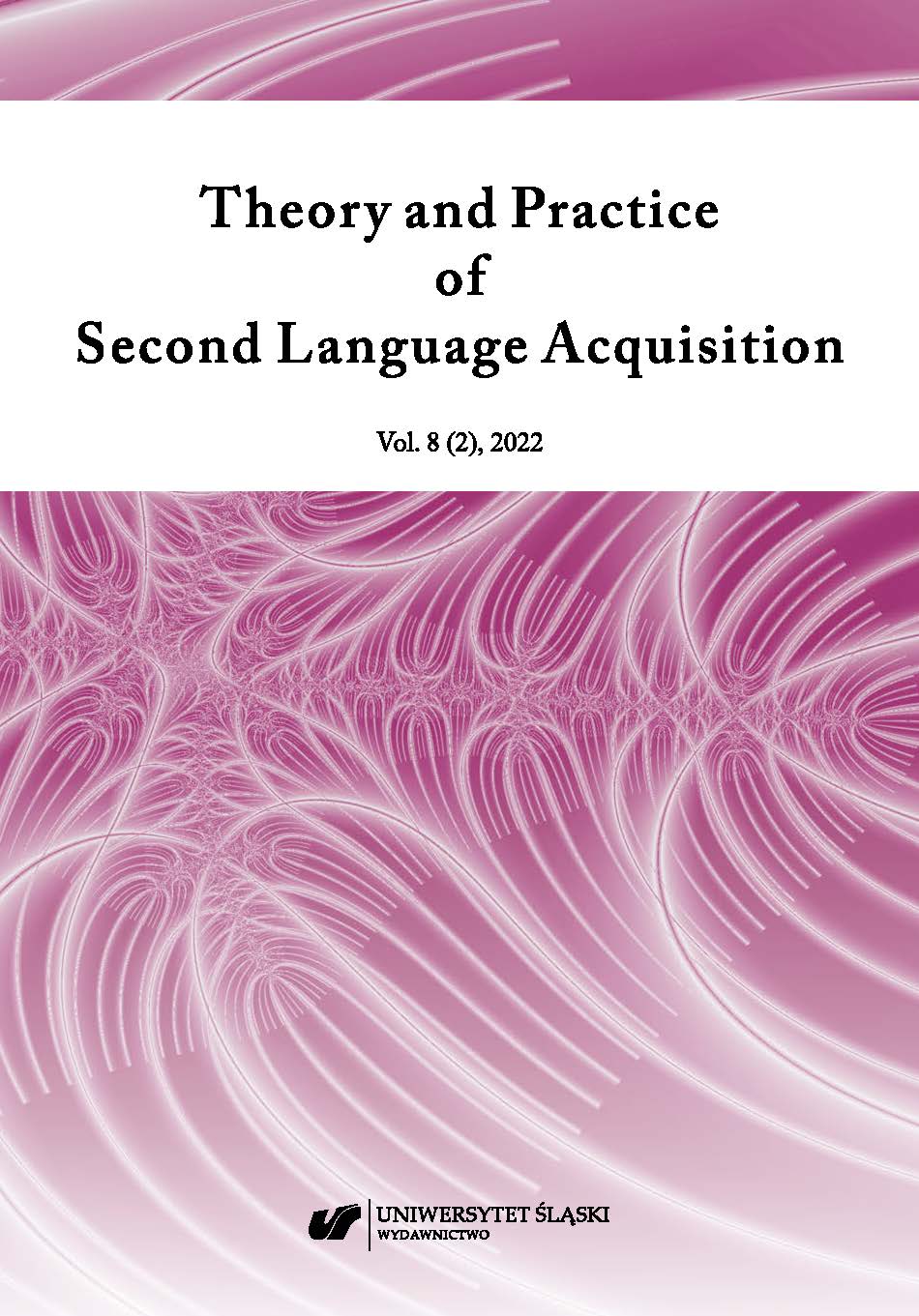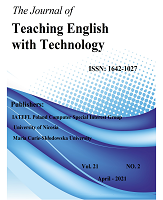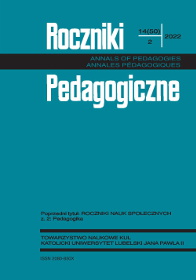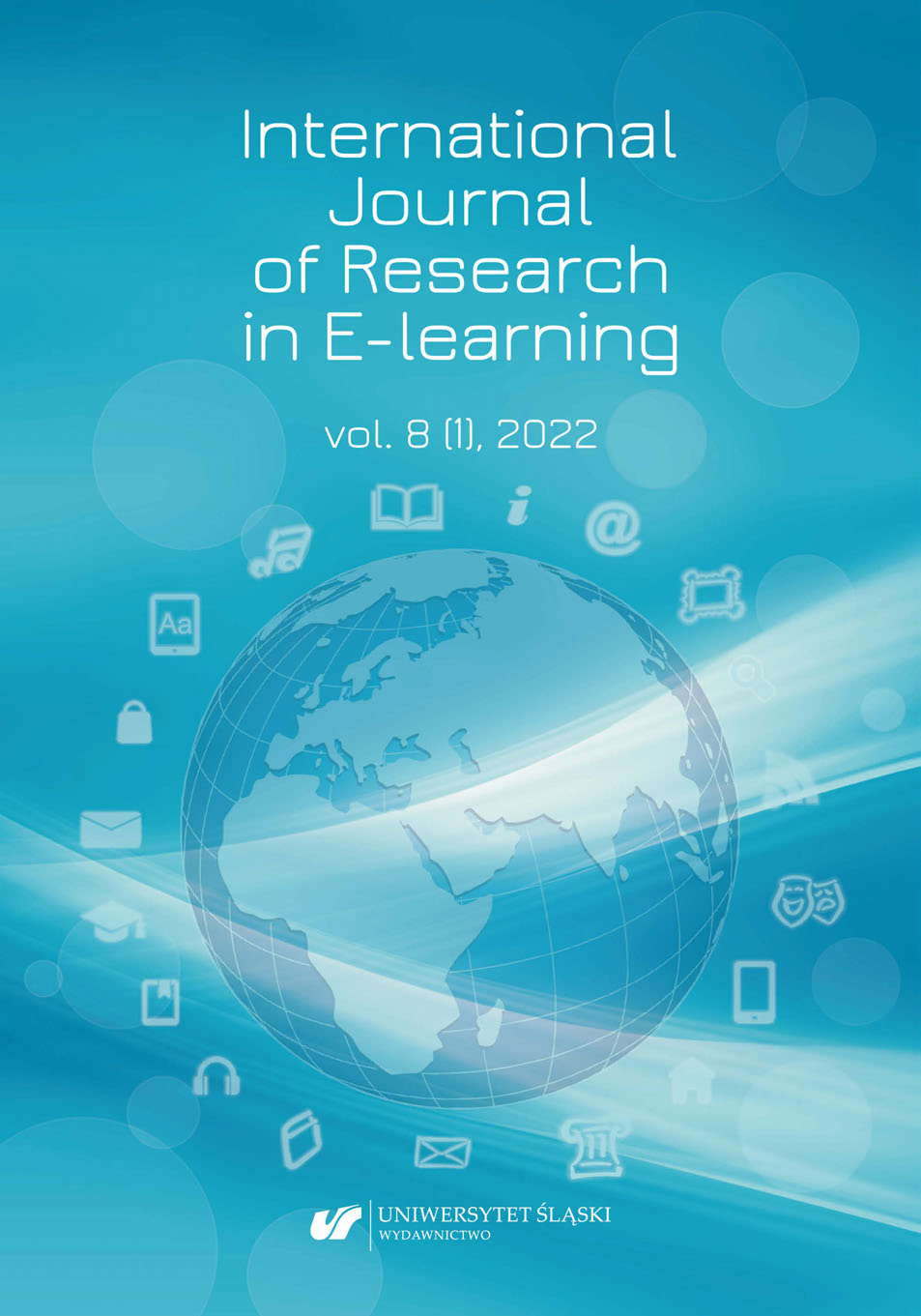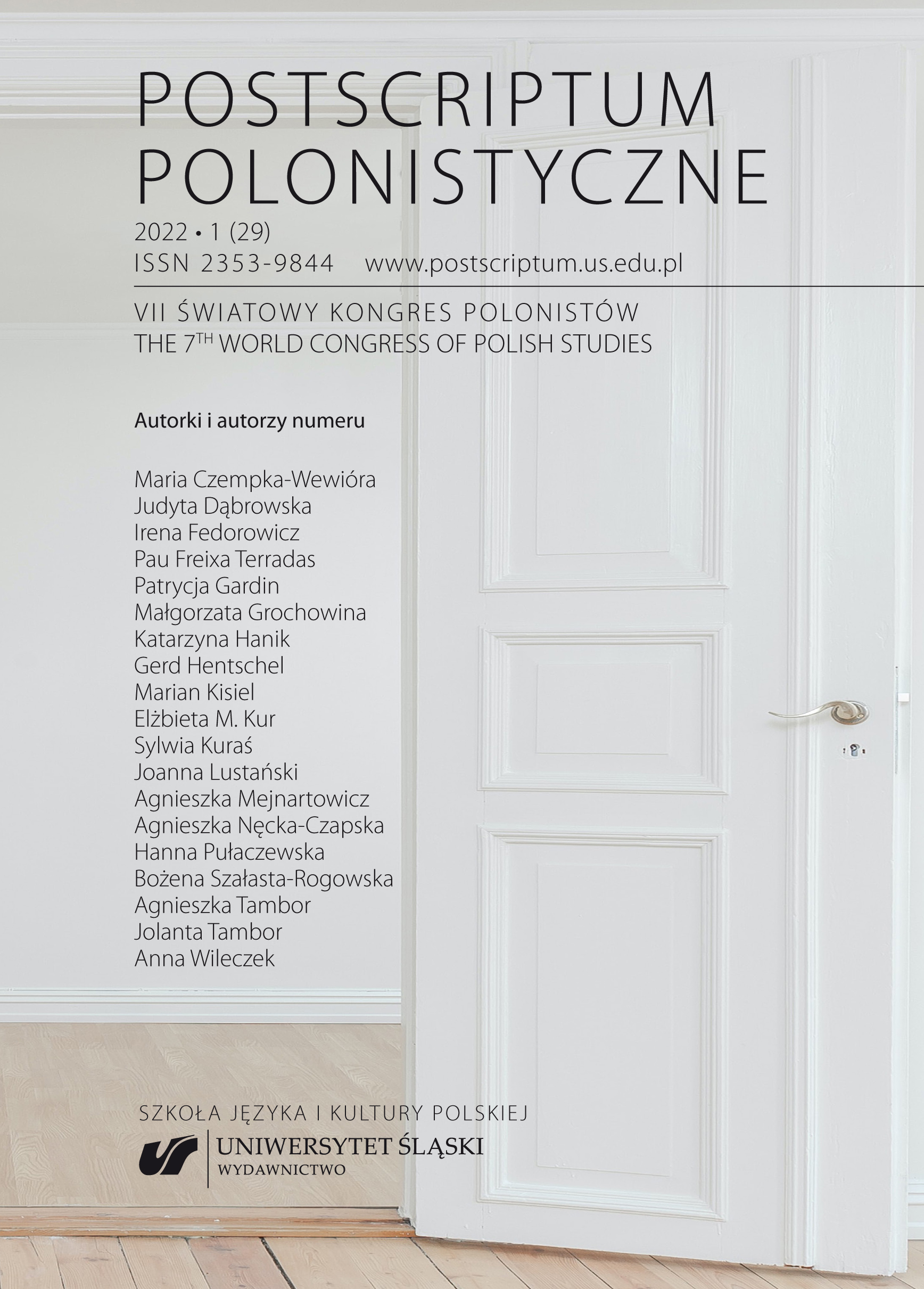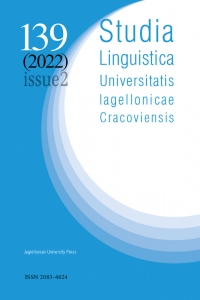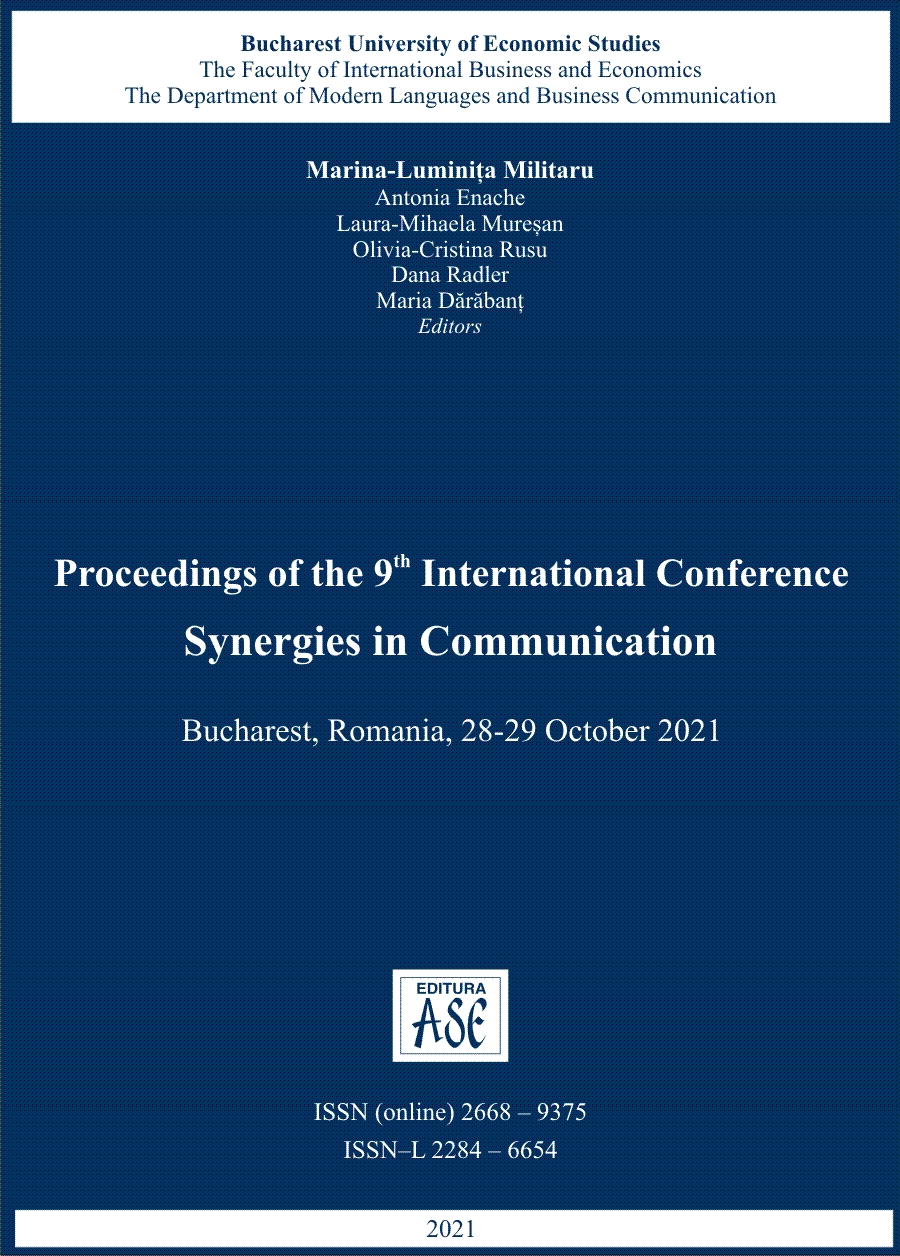
EMOTIONAL INTELLIGENCE AND COMMUNICATION SKILLS IN THE TEACHING-LEARNING PROCESS
This article is a theoretical-scientific research of the different conceptual approaches to emotional intelligence and communication skills in the teaching-learning process, carried out mainly in the online environment. Thus, we shall list and describe the key elements of emotional intelligence, highlighting, among others, communication skills. This paper axiomatically acknowledges the importance of emotional intelligence in the process of didactic communication, where many communication barriers can easily occur, and in this sense emotional intelligence plays a fairly important role in achieving communication goals and obtaining feedback appropriate to communicative intent.
More...
